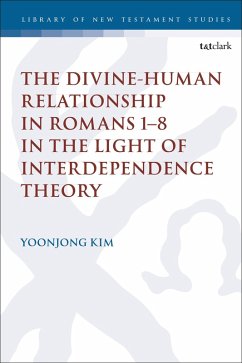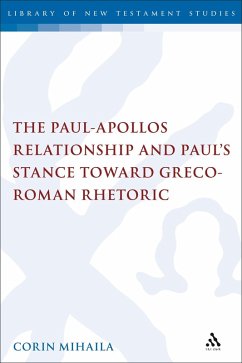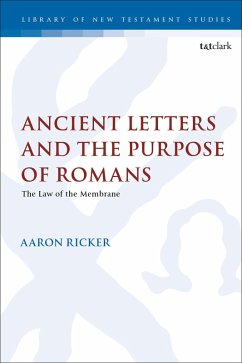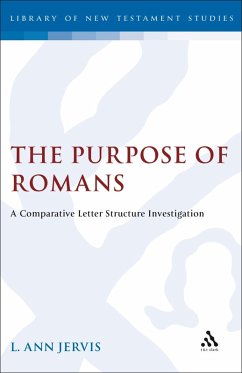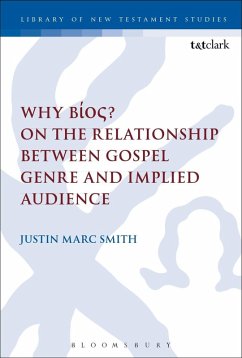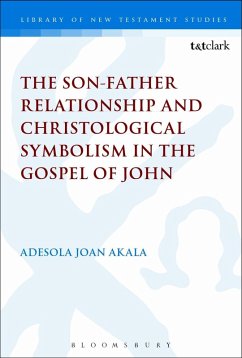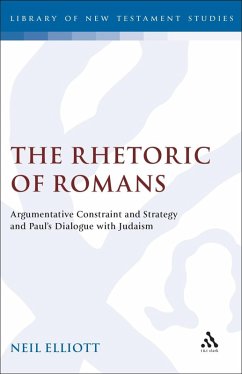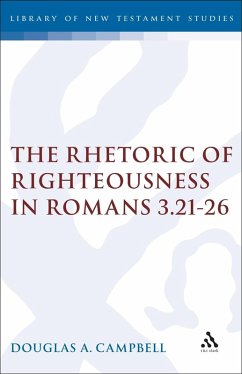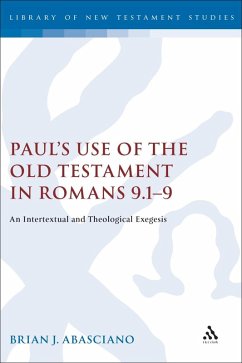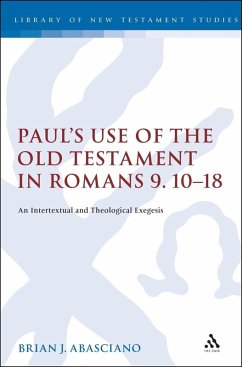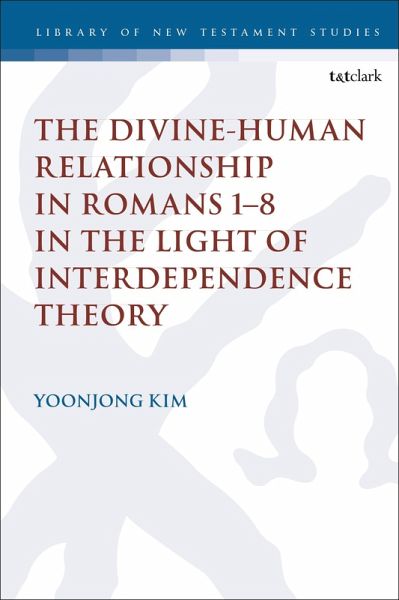
The Divine-Human Relationship in Romans 1-8 in the Light of Interdependence Theory (eBook, PDF)

PAYBACK Punkte
12 °P sammeln!
Yoonjong Kim analyses the divine-human relationship in Paul's theology, focusing on Paul's portrayal of the relationship in Romans 1-8. Kim stresses that previous studies of this relationship have not paid sufficient attention to the fact that it is not static, but rather exhibits progression and development towards a goal. To address the significance of the human agent's role in the relationship, Kim employs a social psychological theory - interdependence theory - offering a consistent analytic framework for diagnosing the interactions in a dyadic relationship in terms of the dependency creat...
Yoonjong Kim analyses the divine-human relationship in Paul's theology, focusing on Paul's portrayal of the relationship in Romans 1-8. Kim stresses that previous studies of this relationship have not paid sufficient attention to the fact that it is not static, but rather exhibits progression and development towards a goal. To address the significance of the human agent's role in the relationship, Kim employs a social psychological theory - interdependence theory - offering a consistent analytic framework for diagnosing the interactions in a dyadic relationship in terms of the dependency created by each partner's expectations of outcomes. Kim explores several key stages of the divine-human relationship and the direction in which the relationship develops throughout Romans 1-8, in order to highlight the significance of the human partners in the course of the development. He focuses in particular on betrayal (1.18-3.20), restoration (3.21-26; 5.1-11), the oppressive relationship with Sin (5.12-8.11), and the investment for the future (8.12-39), and concludes that although the foundation of the relationship rests on God's initiative, the divine outworking guides the relationship so that it facilitates mutual participation of the human partners in the restoration and development of the relationship toward the ultimate goal.




